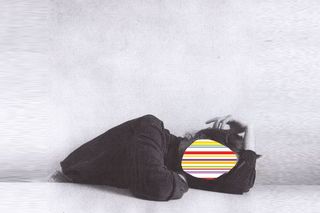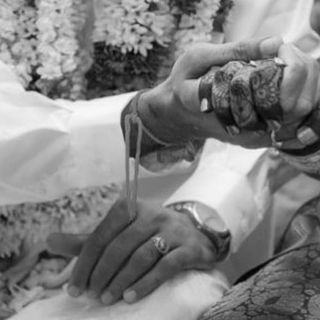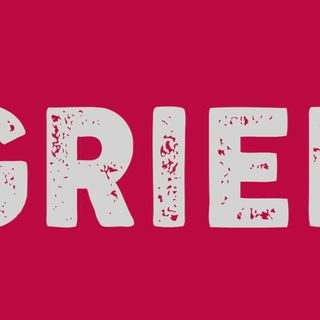
How to Keep Work Anxiety from Getting in the Way of Good Sleep
A little bit of fun, a sense of control, and… zzzzzz.

If you’ve had a bad day at work thanks to rude colleagues, doing something fun and relaxing after you sign off for the day could net you a better night’s sleep.
“Incivility in the workplace takes a toll on sleep quality,” said Caitlin Demsky, PhD, of Oakland University. “It does so in part by making people repeatedly think about their negative work experiences. Those who can take mental breaks from this fare better and do not lose as much sleep as those who are less capable of letting go.”
Sleep quality is crucial, Demsky said, because it greatly influences how employees perform and behave. Demsky is the lead author of a recent study, published in the Journal of Occupational Health Psychology, that surveyed 699 employees of the U.S. Forest Service. The team found experiencing rude or negative behavior at work, such as being judged or verbally abused, was linked with more symptoms of insomnia, including waking up multiple times during the night.
However, people who were able to detach and do something relaxing to recover after work — such as yoga, listening to music, or going for a walk — slept better.
Anxiety is one of the most common mental health issues globally, and may be linked to cardiovascular diseases, increased blood pressure and fatigue. Which is why, if kicking back for a bit at the end of a long day doesn’t ease your work anxiety, it might be more about control than office dynamics.
A new, related study, led by a team at the University of Cambridge, found people who feel in control of their lives and who find purpose and meaning in life are less likely to have anxiety disorders even when going through the toughest times.
The researchers examined data from more than 10,000 British women who responded to a structured health and lifestyle questionnaire. They found women living in deprivation but who reported the following traits were less likely to have anxiety: believing they were in control of their lives, believing their lives made sense, and having a purpose and meaning in life. Women living in deprivation but without these desirable traits had high levels of anxiety. In fact, women in deprived communities without these traits were almost twice as likely to have anxiety as women living in more affluent communities.
That’s not to say more affluent women do not experience anxiety. Rather, “this study sheds light on inner strengths or qualities that we may have which can protect us from anxiety when we’re exposed to hardships, such as living in deprivation,” says first author and PhD candidate Olivia Remes. “Fostering such strengths or traits may be useful for people who do not respond well to medication or other therapies for anxiety, and further research would be needed on this.”
Related


What Readers Have To Say About Their Marriages
